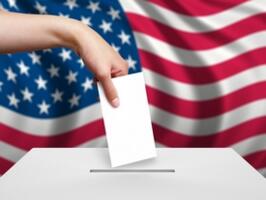69% Think It’s Better for Obama to Work With Congress Than Go Around It
President Obama made it clear in his State of the Union speech last night that he is prepared to take independent executive action if he can’t get Congress to work with him on some major issues, but voters strongly believe it’s better for the president to work with Congress than to go it alone. However, most also think it’s more important for Republicans in Congress to work with the president than to stand for what they believe.
The latest Rasmussen Reports national telephone survey, taken the night before and the night of the president’s speech, finds that 69% of Likely U.S. Voters think it it better for the president to work with Congress on things he considers important. Just 27% believe it is better for the president to go around Congress if necessary to accomplish what he feels is important. (To see survey question wording, click here.)
(Want a free daily e-mail update? If it's in the news, it's in our polls). Rasmussen Reports updates are also available on Twitter or Facebook.
The survey of 1,000 Likely Voters was conducted on January 27-28, 2014 by Rasmussen Reports. The margin of sampling error is +/- 3 percentage points with a 95% level of confidence. Field work for all Rasmussen Reports surveys is conducted by Pulse Opinion Research, LLC. See methodology.















